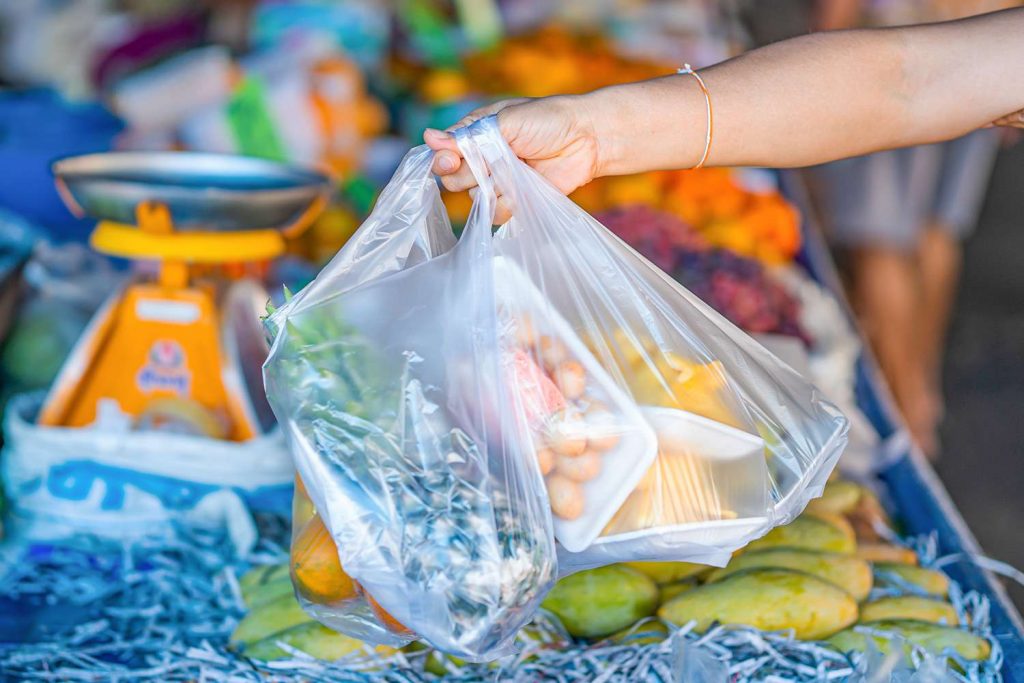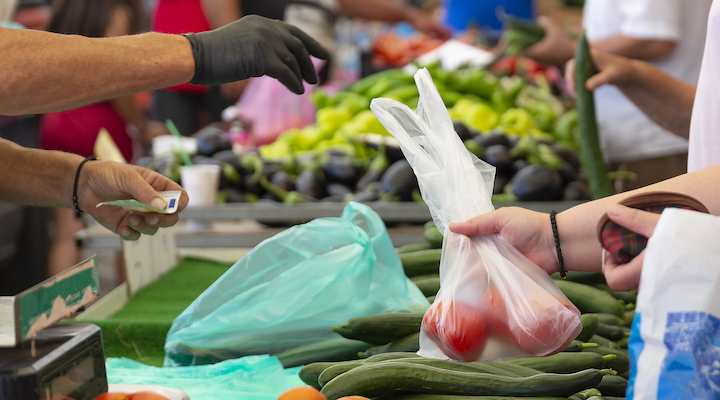New Zealand bans thin plastic bags for fresh produce in supermarkets

New Zealand has become the world’s first country to expand its ban on thin plastic bags, which are frequently used to hold produce like fruits and vegetables, in supermarkets.
The action, which became effective on Saturday, is a component of a larger government campaign against single-use plastics.
Since take-home plastic bags were banned in 2019, the majority of customers now bring their own bags to stores.
Many countries have recently started charging for or outlawing the use of plastic bags.
Associate Environment Minister Rachel Brooking stated that “New Zealand produces too much waste, too much plastic waste”.
Since the 2019 implementation of the ban on thicker bags, more than a billion plastic bags have been saved, she continued.
The new initiative is anticipated to stop the use of 150 million plastic bags annually.
Customers could simply put their groceries in the disposable paper bags that are still available in supermarkets, according to critics.
“It’s still worth doing this, but we really want to reduce single-use anything packaging,” Ms Brooking said.
“So we want people to be bringing their own bags, and supermarkets are selling reusable produce bags,” she added.

The New Zealand government has made strides in other attempts to combat climate change.
In October, it proposed taxing the greenhouse gases produced by farm animals like sheep and cattle.
By 2025, farmers will be required to pay for agricultural emissions under the first ever scheme.
About half of the emissions in the nation come from the agricultural sector.
Source-BBC




